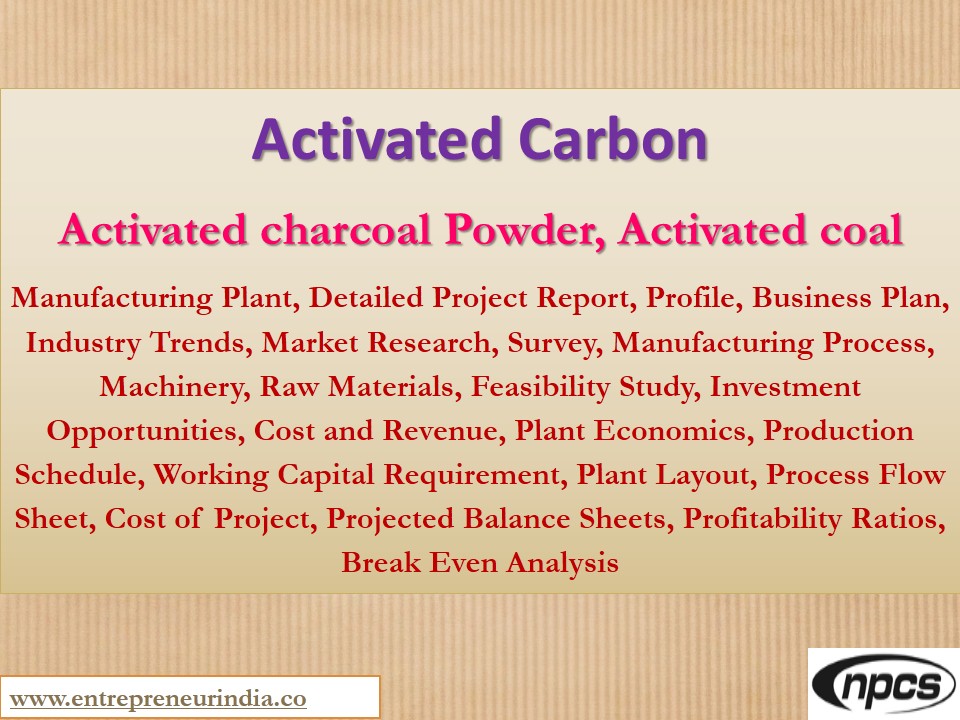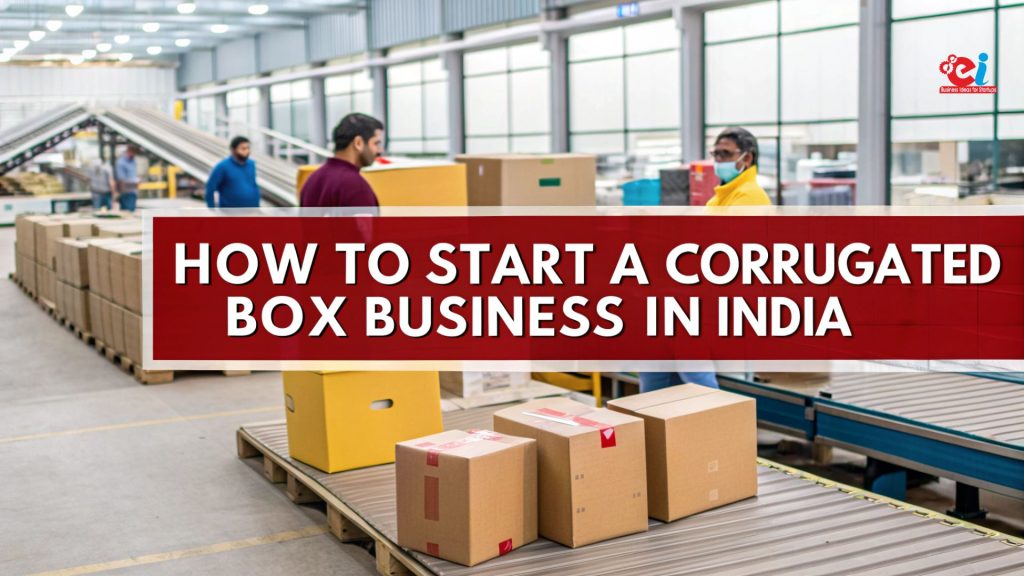
Walk into any industry dealing with purification, and you’ll find one product at the center — Activated Carbon & Charcoal Powder. These fine black materials serve as powerful agents in water purification, air filtration, food processing, cosmetics, and chemical industries. With demand rising globally, entering this business offers great potential for entrepreneurs looking to start a sustainable and scalable venture.
Why Start a Manufacturing Business in Activated Carbon & Charcoal Powder?
This business has strong future potential due to its eco-friendly process, wide industrial demand, and raw material availability. Made from coconut shells, bamboo, wood, and other carbon-rich biomass, Activated Carbon & Charcoal Powder are used in essential sectors such as healthcare, gas purification, metallurgy, and even gold recovery.
See Also – Dyestuff Business
Due to increasing demand for clean water and air, industries and municipalities rely on carbon filtration systems. Moreover, the cosmetics and pharmaceutical sectors have expanded their usage, offering a broader market scope. These trends make this an ideal time to set up a Activated Carbon & Charcoal Powder manufacturing unit.
Let’s now walk through the essential steps involved in setting up this project.
Step-by-Step Manufacturing Process
1. Procurement of Raw Material
Start with sourcing high-quality carbon-rich raw material such as coconut shells, sawdust, bamboo, or coal. Coconut shells offer high carbon yield and minimal ash content, making them the preferred choice for premium-grade output.
2. Carbonization
Next, the raw material undergoes a carbonization process at a high temperature in a kiln or furnace. This step removes moisture, volatile compounds, and gases, leaving behind charcoal as the base material.
3. Activation Process
After carbonization, the charcoal passes through an activation chamber. This process uses either physical or chemical activation:
-
Physical Activation: Involves exposing the charcoal to steam or CO? at 800–1100°C.
-
Chemical Activation: Uses phosphoric acid or potassium hydroxide at lower temperatures.
Both methods improve the surface area and porosity of the material, enhancing its adsorption power.
4. Grinding and Sieving
Once activated, the material is crushed and ground into a fine powder. Then it goes through sieving to obtain different mesh sizes depending on customer requirements.
5. Packaging and Storage
Finally, the finished Activated Carbon & Charcoal Powder is packed in moisture-proof HDPE or kraft paper bags. Store it in a dry, sealed environment to maintain quality.
Required Machinery and Equipment
To run a successful manufacturing unit, you’ll need the following equipment:
-
Carbonization furnace or kiln
-
Rotary drum or vertical activation unit
-
Grinding mill
-
Sieving machine
-
Packaging unit
-
Air pollution control systems
Automation can enhance consistency and efficiency. Semi-automatic setups also offer a good balance of cost and control.
Project Cost and Investment
Setting up a small to medium-scale Activated Carbon & Charcoal Powder plant involves these expenses:
Land & Building: ?10 to ?20 lakhs (depending on location)
Machinery Setup: ?15 to ?25 lakhs
Raw Materials: ?5 to ?10 lakhs (for initial stock)
Labor & Utilities: ?2 to ?4 lakhs per month
Licensing and Registration: ?1 to ?2 lakhs
Miscellaneous Costs: ?2 to ?3 lakhs
The total estimated investment ranges between ?35 to ?60 lakhs for a modest-size unit.
Licensing and Registration Requirements
To start your unit legally, obtain these approvals:
-
MSME/Udyam Registration
-
GST Registration
-
NOC from Pollution Control Board
-
Factory License
-
BIS Certification (if required for specific applications)
-
Trade License from local authorities
You may also need to comply with environmental norms since carbon processing involves emissions and heat.
Target Market for Activated Carbon & Charcoal Powder
Your market options are diverse. Industries using Activated Carbon & Charcoal Powder include:
-
Water treatment plants
-
Air filtration systems
-
Chemical and pharmaceutical companies
-
Food and beverage companies
-
Cosmetics and personal care brands
-
Gold and metal extraction units
You can also explore export opportunities, especially in countries with strict environmental norms and high demand for natural filtration products.
Business Plan Tips for a Profitable Unit
-
Market Research: Study the competitors, demand curve, and pricing strategies in your target regions.
-
Quality Control: Focus on maintaining consistent quality with low ash content and high adsorption capacity.
-
Packaging and Branding: Strong packaging ensures product integrity and builds trust among buyers.
-
Online & Offline Sales: Create an online presence and reach out to B2B buyers, suppliers, and industries.
-
Sustainability Practices: Highlight your eco-friendly process, especially if you use agricultural waste. It helps attract green businesses.
Challenges in the Industry
Though profitable, the Activated Carbon & Charcoal Powder sector also involves a few challenges:
-
Raw material supply fluctuation due to seasonality
-
Emission and safety concerns if not properly managed
-
Regulatory pressure from pollution control boards
-
High energy consumption for activation process
-
Need for skilled labor to manage machinery
Planning ahead and investing in pollution control and automation can reduce most of these risks.
Growth Potential of This Business
The global market for Activated Carbon & Charcoal Powder continues to grow, driven by industries like water purification, pharma, and food processing. India, being rich in biomass, can supply raw materials locally, cutting dependence on imports. Export opportunities to the US, EU, and Southeast Asia also look promising.
Rising environmental awareness has made this industry a future-proof investment. With moderate capital and strong planning, you can achieve high margins and recurring sales from bulk industrial buyers.
See Also – Start Meat Processing Business
Final Words
Starting a Activated Carbon & Charcoal Powder manufacturing unit gives you a sustainable business model with global relevance. It needs strategic planning, proper investment, and strict quality control, but the return on investment justifies the effort. From clean water systems to beauty products, this versatile product finds a place in nearly every industry.
So, if you’re planning your next industrial startup, this business could turn into a long-term success.
Contact Us





